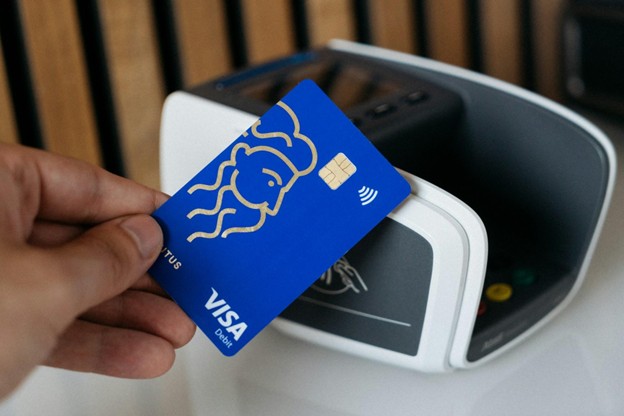Financial stability is essential for navigating life’s unexpected expenses. Whether it’s a sudden car repair, an emergency medical bill, or an urgent home repair, having access to funds when needed can make all the difference. While building up a savings account for a rainy day is ideal, sometimes alternative financial solutions are necessary to address emergency situations.
In this article we’ll explore some practical approaches to securing urgent funds during critical times.
Prioritizing an Emergency Fund
One of the best ways to ensure financial stability is by contributing to and maintaining regular deposits into an emergency fund. Experts recommend saving at least three to six months’ worth of living expenses. However, when savings fall short, having a plan in place can help bridge financial gaps. Aim to save around 10% of each paycheck – however, every little bit helps, the most important contributing factor to a healthy emergency fund is deposit consistency.
Exploring Alternative Funding Sources
When facing an unexpected expense, many people turn to traditional bank loans or credit cards overdraft facilities. However, these options may not always be accessible, especially for those with less-than-perfect credit. Exploring alternative solutions such as personal installment loans can provide a more structured repayment plan, especially when compared to high-interest payday loans.
Understanding Short-Term Financial Solutions
Short-term financial solutions can help manage urgent costs without long-term commitments. Options like installment loans allow borrowers to cover emergency expenses with fixed monthly payments, making repayment more manageable. For example, a $2,000 loan with guaranteed approval can offer an easy-to-access, practical solution for those who need quick access to funds when facing financial hardships.
Reducing Unnecessary Expenses
A key strategy in securing necessary funds is evaluating current spending habits. Cutting back on non-essential expenses, such as dining out or subscription services, can free up additional cash. This approach, combined with a well-structured budget, can provide better control over financial situations.
Building Credit for Better Financial Opportunities
Having a strong credit score opens doors to more favorable financial solutions. Making on-time payments, keeping credit utilization low, and monitoring credit reports for inaccuracies are all essential steps in maintaining good credit health. Over time, these habits can lead to better borrowing options and lower interest rates.
Expect the Unexpected
Financial stability is about preparation and knowing where to turn when unexpected expenses arise. While emergency savings are the best defense, short-term financial solutions can offer the necessary support during critical moments. By making informed financial decisions, individuals can better navigate challenging situations while maintaining overall financial well-being.







